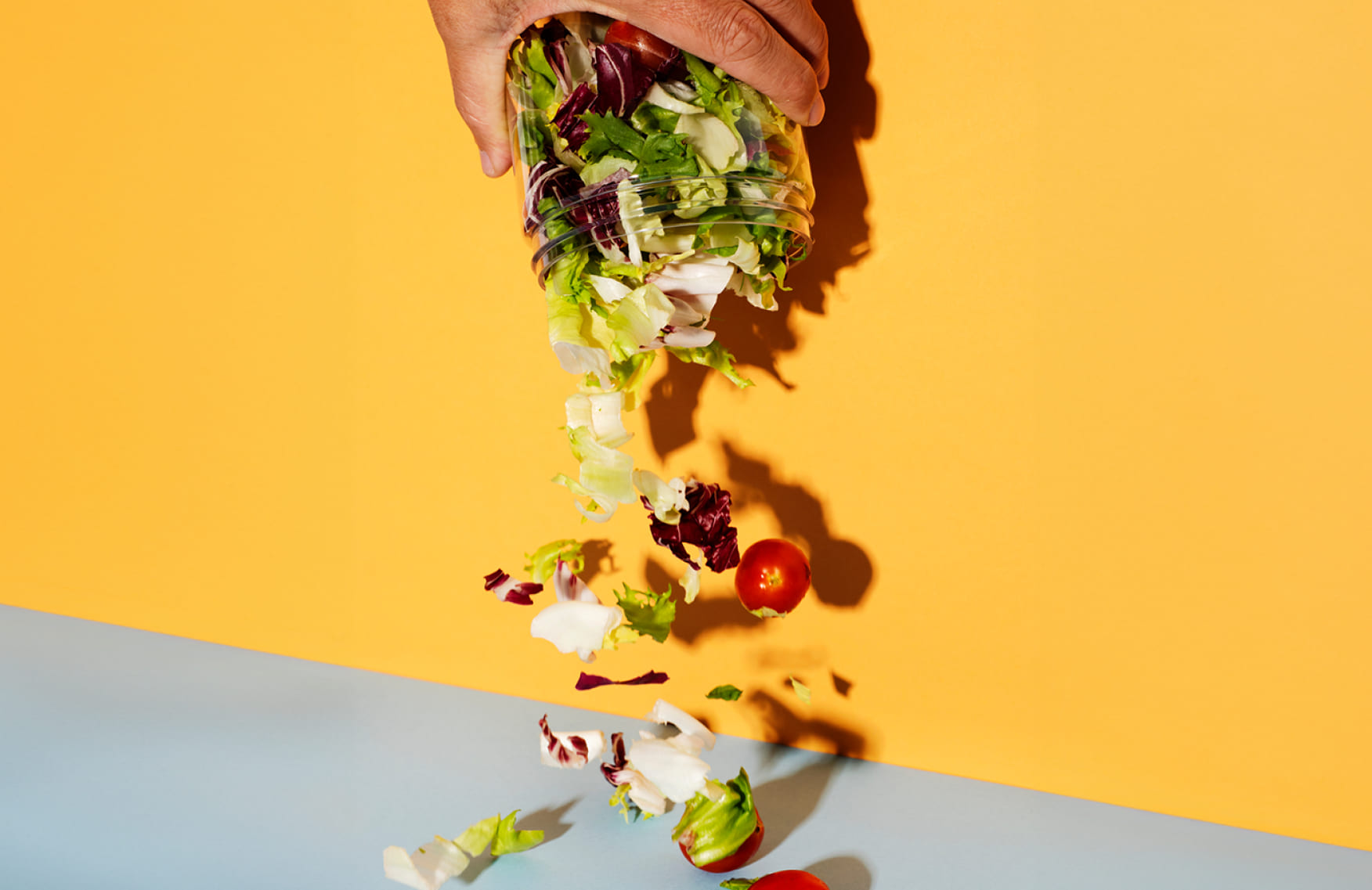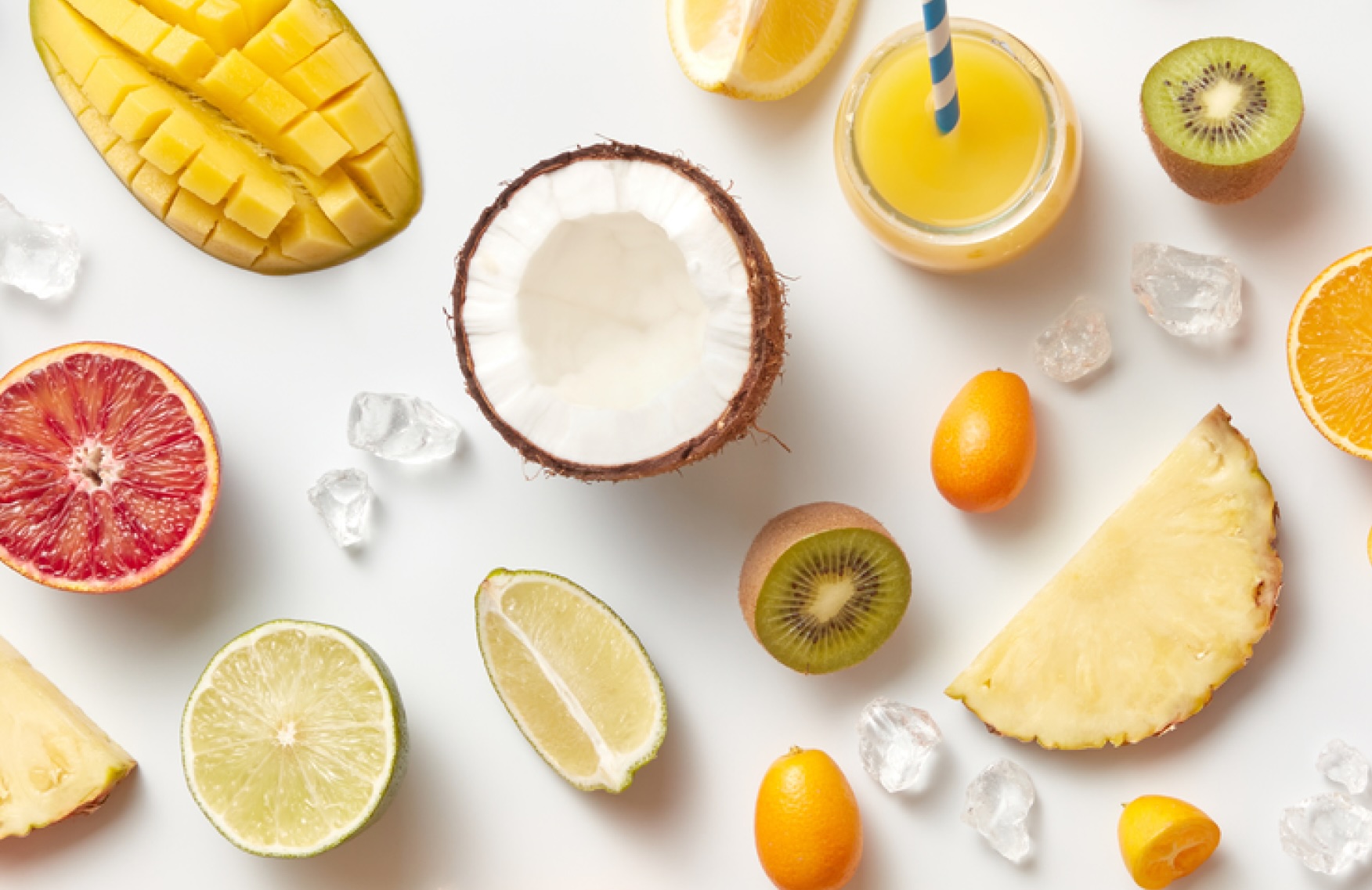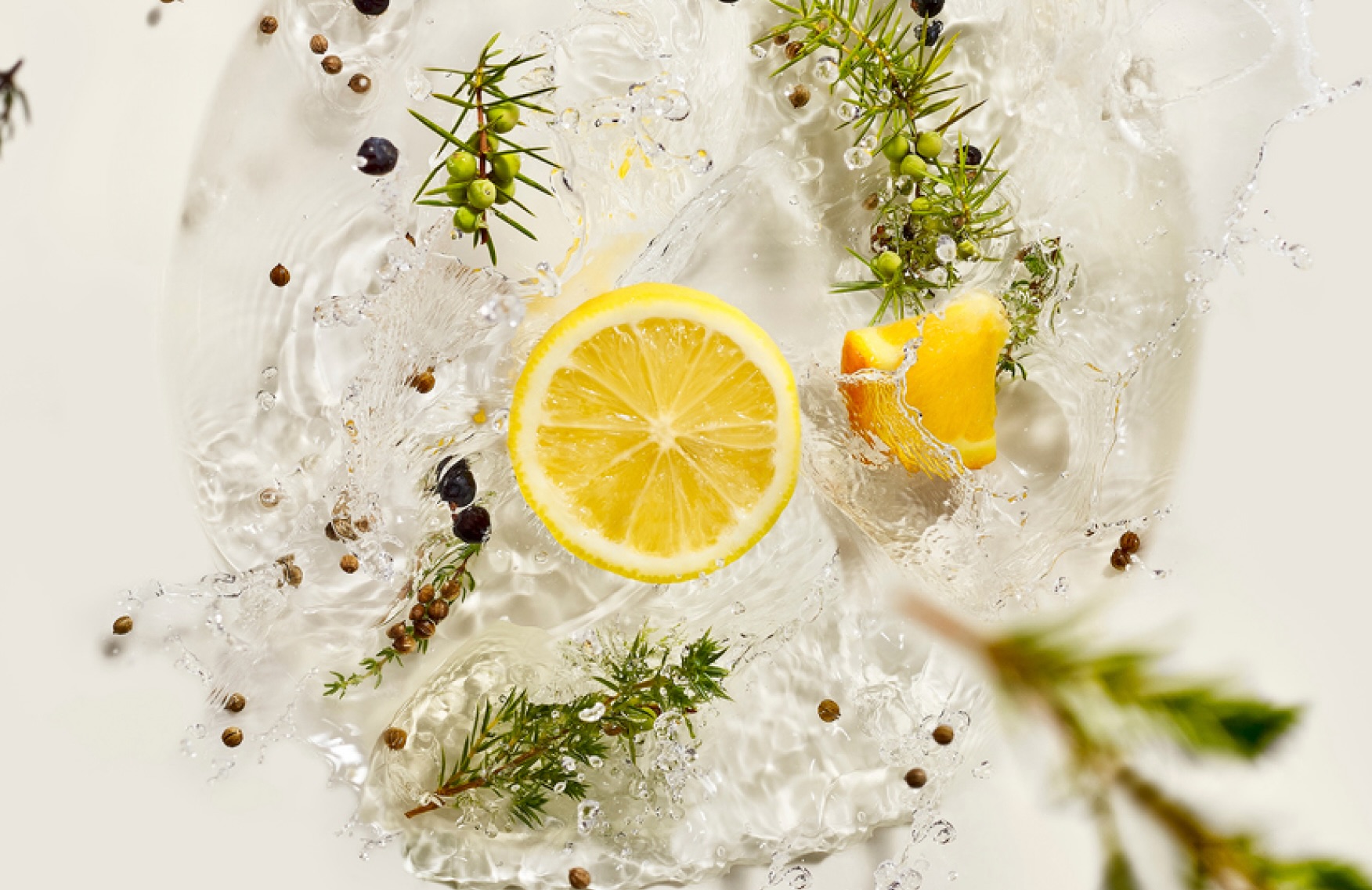Eat your water, explained

“Eat your water” is a phrase I have been using for many years to help explain to people that staying sufficiently hydrated for whole body health isn’t about drinking eight glasses of water a day. But what does “eat your water” really mean?
Anyone knows that eight glasses of water – while still a way of putting water into your body – also means eight trips to the bathroom. When we eat more water-rich foods, we absorb water more slowly because it is trapped in the structure of these foods. That slow absorption means that water in food stays in our bodies longer, with a multitude of additional benefits.
A cucumber is a great example of this. Because cucumbers are 96% water, eating a three-ounce cucumber is almost the same as drinking three ounces of water, but better. Besides being full of hydrating H2O, raw fruits, vegetables and other key water-rich foods contain nutrients, vitamins, minerals and fiber that can improve your health, develop your immune system, strengthen your muscles and boost your athletic performance.
Dehydration can contribute to loss of energy, headaches and general sluggishness. This is why drinking water has been typically recommended by healthcare professionals for decades. However, to keep our bodies in optimal health, we not only need to stay hydrated but also ingest enough vitamins and nutrients to help our bodies function properly.
By eating your water, you are not only hydrating with H2O, but are also filling your body with everything it needs to become strong and healthy. Our bodies are constantly regenerating, creating new cells to replace old, damaged ones. So, it is important that we eat and drink with a deliberate focus on promoting cellular health. The best way to do this is to keep our body saturated with cell-building elements such as vitamin A, alpha lipoic acid, oleic acid, polyphenols, folic acid and vitamin C. These nutrients can all be found in water-rich foods such as raw fruits and vegetables.
Drinking too much water can actually cause a loss of vitamins and minerals as they get flushed out as the body voids excess fluids. Many people who train for marathons or other long endurance fitness activities have experienced this damaging depletion of vitamins and minerals which can lead to exhaustion, muscle cramping and even heart palpitations. The key is to “strategically hydrate” by eating your water throughout the day so that your body has a steady stream of hydration and nutrients to keep it energized and working optimally.
I’m not saying you should do away with drinking water completely. But by eating several servings of raw fruits or vegetables each day, you will be able to stay hydrated significantly longer. It’s not a hard change to make. In fact, if you are sticking to a healthy diet full of vegetables, fruit, healthy fats and whole grains, you’ll end up eating most of the water you need each day to stay hydrated.
The views expressed in this article do not necessarily represent the views of Murad, and are for informational purposes only, even if the advice of physicians and medical practitioners are included. This article is not a substitute for professional medical advice, diagnosis or treatment, and should not be considered specific medical advice.



